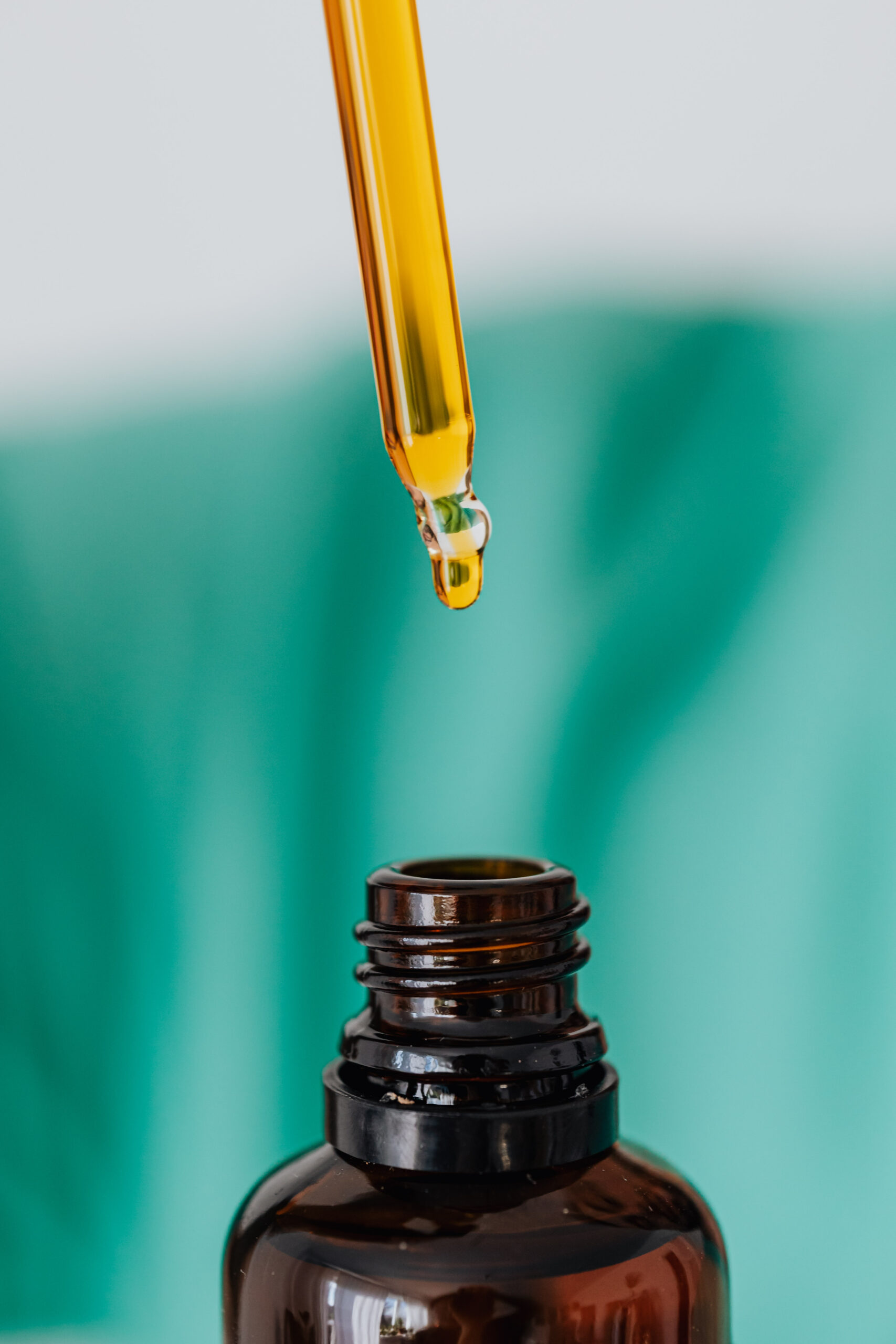Are there any drug interactions with Levofloxacin?
Title: Understanding Potential Drug Interactions with Levofloxacin
Introduction:When it comes to your health, it’s important to be informed about any possible drug interactions that can occur with medications you may be taking. Levofloxacin is a commonly prescribed antibiotic used to treat various bacterial infections. However, it’s crucial to understand any potential drug interactions that can occur with this medication, as it may impact its effectiveness or interact negatively with other drugs you may be using. In this blog post, we will explore and shed light on possible drug interactions with Levofloxacin, helping you make informed decisions about your healthcare.
Understanding Levofloxacin:Levofloxacin is a broad-spectrum antibiotic that is frequently prescribed by healthcare professionals to treat respiratory, urinary tract, skin, and sinus infections, among others. It belongs to a class of drugs known as fluoroquinolones and works by inhibiting the growth of bacteria.
Potential Drug Interactions:It’s important to inform your healthcare provider about any medications, supplements, or herbal remedies you are currently using, as they can potentially interact with Levofloxacin. Here are some common examples of drugs and substances that may interact with Levofloxacin:
1. Non-Steroidal Anti-Inflammatory Drugs (NSAIDs):NSAIDs, such as ibuprofen and naproxen, are commonly used to relieve pain and reduce inflammation. However, taking them alongside Levofloxacin may increase the risk of developing certain side effects, such as tendonitis or tendon rupture. Always consult your healthcare provider before combining these drugs.
2. Corticosteroids:Corticosteroids, including prednisone, are often prescribed to reduce inflammation in various conditions, such as asthma or arthritis. Combining Levofloxacin with corticosteroids can increase the risk of tendon damage. Your physician may need to adjust your medication regimen accordingly.
3. Anticoagulants:Anticoagulants, also known as blood thinners, are prescribed to prevent blood clots in individuals at high risk. Levofloxacin may enhance the effects of anticoagulants like warfarin, leading to an increased risk of bleeding. Regular monitoring of blood clotting levels is crucial if these medications are combined.
4. Certain Antacids and Supplements:Some antacids containing aluminum, magnesium, and calcium, as well as supplements containing iron, zinc, or magnesium, may decrease the absorption of Levofloxacin if taken together. It is recommended to separate the intake of these products by at least two hours to ensure optimal antibiotic absorption.
5. Theophylline:Theophylline is a medication often prescribed for respiratory conditions such as asthma and chronic obstructive pulmonary disease (COPD). When used concomitantly with Levofloxacin, it can lead to increased blood levels of theophylline, potentially causing harmful effects. Close monitoring of theophylline levels is essential in such cases.
Conclusion:Being aware of potential drug interactions is essential to ensure the safe and effective use of any medication, including Levofloxacin. Always inform your healthcare provider about all medications, supplements, and herbal remedies you are taking to avoid any negative interactions. Remember, this blog post serves as an informative guide and should not replace professional medical advice. Your healthcare provider is the best source of personalized information for your specific situation. Stay informed, stay healthy!




Thanks for sharing. I read many of your blog posts, cool, your blog is very good.
Thanks for sharing. I read many of your blog posts, cool, your blog is very good.
Your point of view caught my eye and was very interesting. Thanks. I have a question for you.